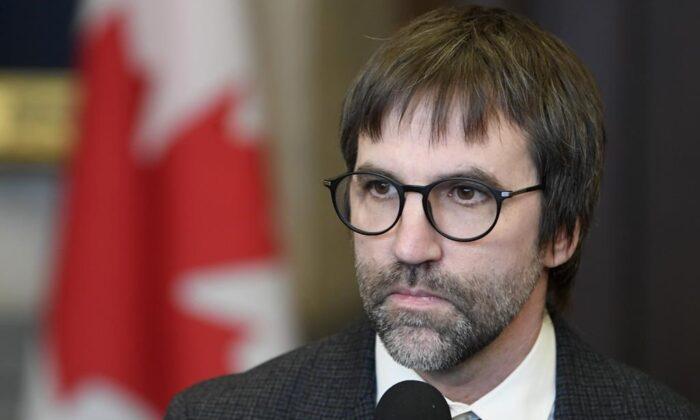A federal bill to combat harmful content and hate speech online is expected to be tabled soon, but free speech advocates are concerned that it may be too restrictive. Critics are also sounding the alarm on amendments to the existing Bill C-10 that seeks to regulate video content on platforms such as YouTube and Facebook.
The hate speech bill soon to be tabled will create a new regulator with the power to levy fines and require transparency from social media outlets, including about their algorithms. The legislation will also set out a legal framework for prohibiting hate speech, terrorist content, content that incites violence, non-consensual sharing of intimate content, and child sexual exploitative content.





